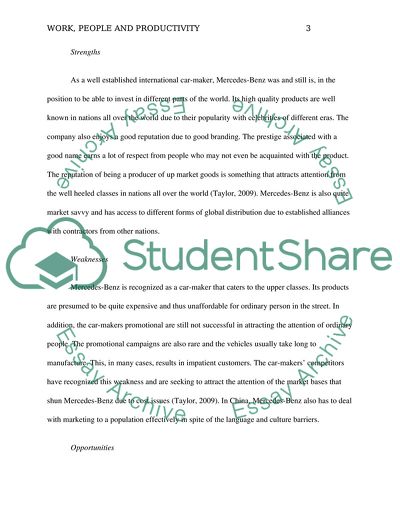Cite this document
(Work, People and Productivity Case Study Example | Topics and Well Written Essays - 2250 words, n.d.)
Work, People and Productivity Case Study Example | Topics and Well Written Essays - 2250 words. https://studentshare.org/management/1826299-work-people-and-productivity
Work, People and Productivity Case Study Example | Topics and Well Written Essays - 2250 words. https://studentshare.org/management/1826299-work-people-and-productivity
(Work, People and Productivity Case Study Example | Topics and Well Written Essays - 2250 Words)
Work, People and Productivity Case Study Example | Topics and Well Written Essays - 2250 Words. https://studentshare.org/management/1826299-work-people-and-productivity.
Work, People and Productivity Case Study Example | Topics and Well Written Essays - 2250 Words. https://studentshare.org/management/1826299-work-people-and-productivity.
“Work, People and Productivity Case Study Example | Topics and Well Written Essays - 2250 Words”. https://studentshare.org/management/1826299-work-people-and-productivity.


